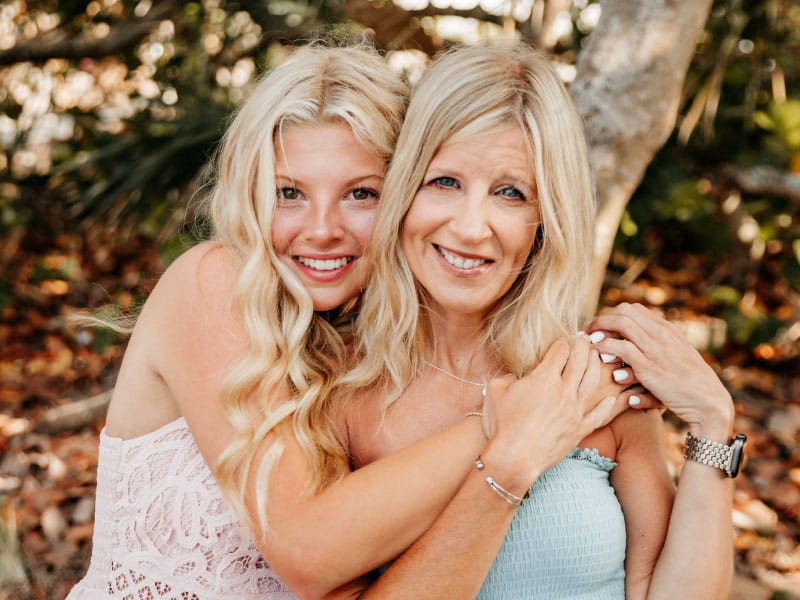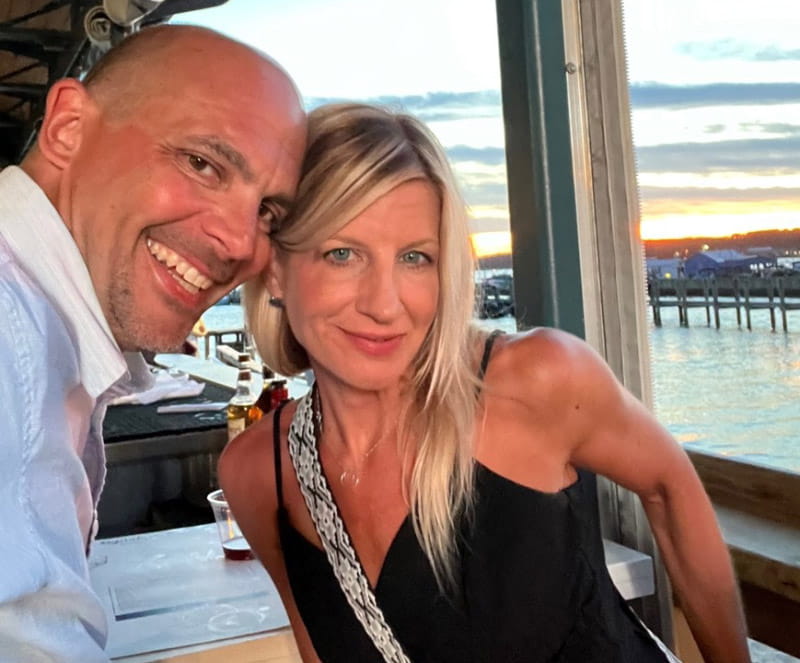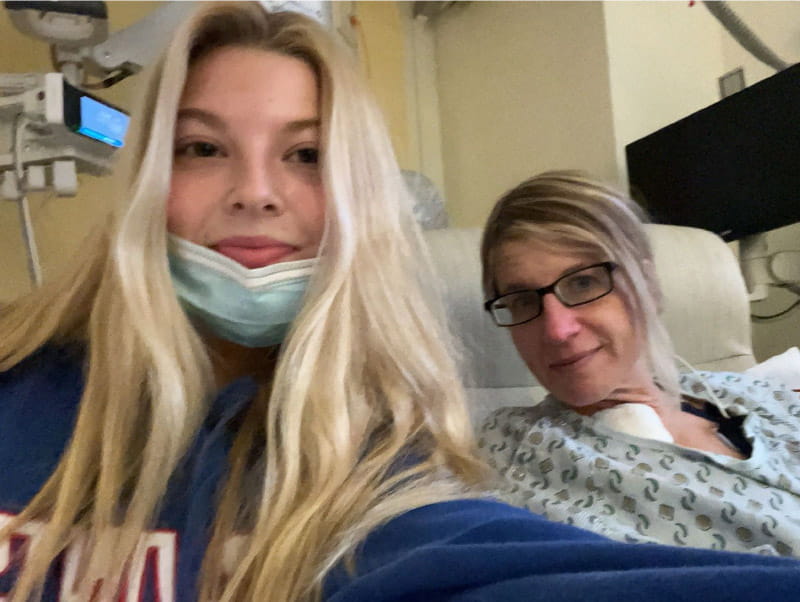Healthy runner's stroke followed a bad bout of COVID-19
By Diane Daniel, American Heart Association News

On a ride to high school one morning, Shelley Marshall asked her daughter how things were going with her field hockey team.
At least, that's what she intended to say. The words came out so garbled that her daughter said, "Mom, what is going on? Are you having a stroke or something? Look at me."
Marshall looked fine. Although slurred speech is a classic stroke symptom, she didn't have a droopy face or arm weakness. In a clear voice, she told her daughter not to worry.
Marshall, though, was concerned.
Two days earlier, she noticed that she'd slurred her own name. Her blood pressure had recently been slightly elevated. And she was still recovering from a serious bout of COVID-19, her third. All of this was unusual for Marshall, then 47 and in excellent health, thanks in part to running nearly every day.
Marshall called her boyfriend, Lyle Sarver, to tell him she was on her way to the emergency room at the hospital in Harrisburg, Pennsylvania, where they both worked in administration.
He met her there. By then, she felt totally fine.
A brain scan revealed otherwise.
The carotid arteries in the neck are major blood vessels for the brain. One of Marshall's was almost completely blocked in two places. She also had a carotid artery dissection, which is a tear of the inner layer of the wall of a carotid artery.
Despite those problems, Marshall's symptoms were still somewhat minimal. Doctors wanted to gather more information via an angiogram, a scan that shows blood flow through vessels.
While waiting for it, the symptoms began to build.
Marshall garbled her speech more often. She noticed she could no longer say certain words, especially "perfectly," which she tried over and over.
She had a headache that kept getting worse and some paralysis on her right side.
By now, her daughter, Kennley McCown, was there. Marshall was in so much pain she feared she would die. Just saying "I love you" to her daughter took all the strength she had.
Sarver feared that Marshall might have lasting deficiencies.

The angiogram was done the next morning. That afternoon, Marshall underwent a procedure to clear the blockages in her carotid artery. Doctors placed three stents to improve blood flow. The surgery was expected to last three hours; it took six because her problems turned out to be more complex.
As soon as her medication wore off, Sarver asked Marshall if she knew who he was and where she was.
"Lyle," she answered. "The hospital."
Kennley also tested her for several days.
"Say 'perfectly,' Mom," she'd ask.
Each time Marshall's pronunciation was perfect.

They all felt better knowing she avoided any major cognitive deficiencies. Since Marshall's stroke in March 2023, her memory is slightly fuzzier, but nothing significant, she said.
While she was in the hospital, doctors made sure she had no other issues. They also sought a reason for her stroke. The lack of other reasons – along with the emerging link between COVID-19 and an increased risk of heart attack and stroke – led her doctors to believe her severe case of COVID-19 may have contributed to her stroke.
Marshall took two months off work to heal and regain her strength. She and Kennley went on a long-planned trip to the beach in Florida, but only after she got her doctor's clearance to fly and had researched specialists at her destination, just in case.
"I feel tremendously lucky, but I'm also still a little scared, especially about COVID," she said. "I do what I can to prevent it."
Stories From the Heart chronicles the inspiring journeys of heart disease and stroke survivors, caregivers and advocates.




